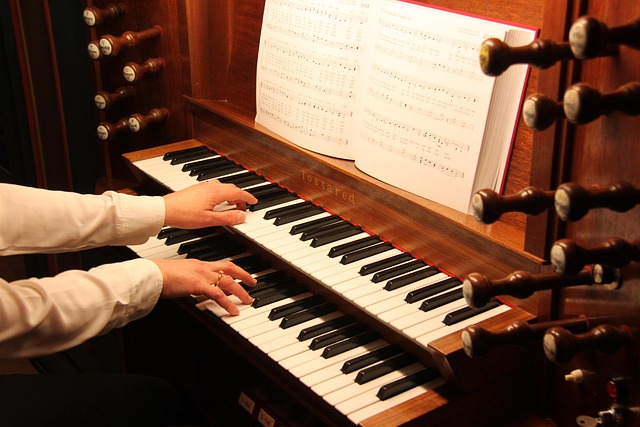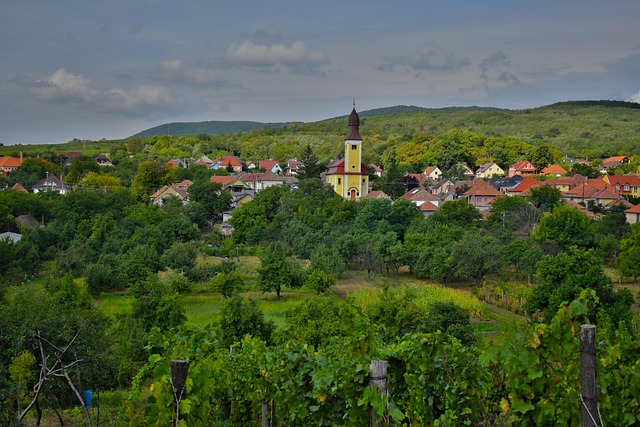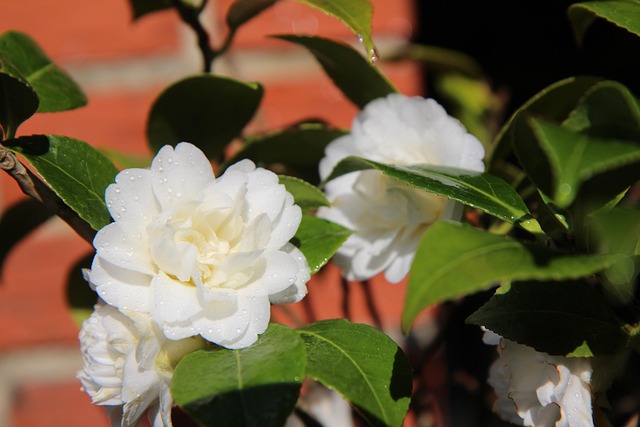In the tapestry of religious traditions, the role of the cantor stands out as a beacon of melodic grace, guiding congregations through the profound experience of sacred holidays. These moments of celebration are often intertwined with music, echoing through places of worship and resonating deeply within the hearts of the faithful. Whether it’s the jubilant sounds of Passover, the reflective tones of Yom Kippur, or the exuberant melodies of Christmas, the cantor plays a pivotal role in enhancing the spiritual atmosphere.
A cantor is more than just a singer; they are a facilitator of faith and emotion, connecting the congregation to the divine through song. The rich history of cantorial music is steeped in tradition, with roots that trace back thousands of years. This musical role is a critical element during religious holidays, where the very act of singing becomes a form of prayer, a way to express gratitude, and an invitation to reflect on one’s beliefs and values.
During holidays, the cantor leads the congregation in familiar hymns and prayers, creating an atmosphere of unity and shared devotion. As the notes fill the air, they evoke a sense of nostalgia and belonging, transporting individuals back to the warmth of family gatherings and communal worship. The power of the cantor’s voice can uplift spirits, awaken memories, and deepen one’s understanding of faith.
Rituals and traditions vary widely across different religions and cultures, but the essence of what a cantor embodies remains constant: an unwavering commitment to faith and community. For many, hearing a favorite hymn sung by the cantor during a holiday service can instantly evoke feelings of peace, joy, and reverence. It’s a connection that transcends time and space, allowing individuals to feel the presence of the divine and the spirit of their ancestors.
As we celebrate various religious holidays, it is essential to recognize and honor the role of cantors. They tirelessly prepare for these special occasions, often spending weeks perfecting their performances to ensure the musical aspect of the service resonates with everyone. Their dedication fosters an environment where individuals can come together, leaving behind the worldly concerns of everyday life to focus on spirituality.
Moreover, each holiday brings with it a unique style of singing, influenced by cultural backgrounds and historical contexts. A cantor might find themselves adapting traditional melodies to fit modern interpretations, showcasing the evolving nature of faith and its practices. This adaptability ensures that even as times change, the essence of these sacred songs remains intact, allowing future generations to experience the power of music in their worship.
In essence, the cantor is a crucial link between the congregation and the divine, translating religious sentiments into the universal language of music. So, the next time you find yourself in a place of worship during a holiday, take a moment to truly listen to the cantor‘s voice. Appreciate the artistry and love that goes into every note, and recognize the sacred responsibility they hold in leading their community through a spiritual journey knitted together by melody and grace.




